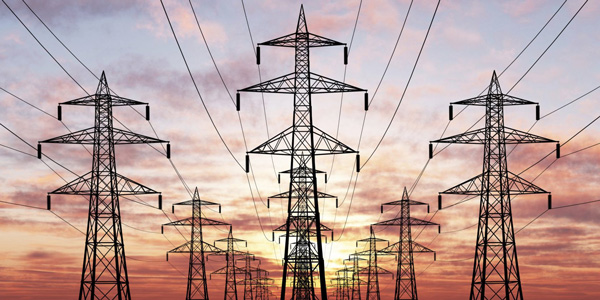By Tom Kleckner
FERC last week denied a rehearing request of its November 2017 order on remand regarding transmission cost allocation in the WestConnect planning region. WestConnect’s transmission providers requested the rehearing in December after FERC affirmed its original order in the proceeding (ER13-75-012).
In 2016, the 5th U.S. Circuit Court of Appeals remanded a commission order rejecting the utilities’ Order 1000 compliance filing.
The utilities’ initial compliance filing included a provision stipulating that costs for projects selected in a regional plan would be allocated only to beneficiaries who agreed to participate in those projects. Other WestConnect members participating in the planning process would not be obligated to pay for those projects’ costs, a measure designed to avoid discouraging nonpublic utility transmission providers from participating in planning.
FERC found that WestConnect’s “non-binding” process did not comply with Order 1000, which prohibits planning participants from claiming an exemption from cost allocation merely by asserting they receive no benefits from the resulting infrastructure. The commission noted that the “fundamental driver” of Order 1000 was to minimize “free ridership” within the system.
The court asked FERC for “additional factual findings” on WestConnect’s planning process, saying the commission’s mandates regarding the role of nonpublic utility transmission providers were arbitrary and capricious and that it had not shown its orders would not produce unjust rates.
FERC’s November order upheld the original ruling and added further explanation of its reasoning. (See FERC Affirms WestConnect Cost Allocation Ruling.)
The WestConnect transmission providers argued the order on remand did not address deficiencies identified by the court and therefore violated “both the express purpose of Order No. 1000 and the principle of cost causation under the Federal Power Act.”
FERC countered that the rehearing request relied primarily on WestConnect’s free-rider argument, and it said that its order on remand explained “at length” why the commission often “expects nonpublic utility transmission providers will accept allocation of the costs of transmission projects that benefit them (i.e., they will pay their share of the costs of those projects), and why any potential free ridership would occur for only a limited subset of transmission projects.”
“We continue to expect that free ridership in the WestConnect region will be limited, and we note that the complete elimination of free ridership is not required by the just and reasonable standard of the FPA or Order No. 1000,” FERC said.
The commission said attempts to eliminate free ridership “may not be feasible” given the region’s “uniquely integrated nature” and the fact that Order 1000’s requirements do not apply to nonpublic utility transmission providers. The group’s planning region covers Arizona, California, Colorado, Nevada, New Mexico, South Dakota, Texas and Wyoming.
“We continue to believe that the approach to regional transmission planning and cost allocation accepted in the compliance orders and order on remand is consistent with Order No. 1000 and will result in just and reasonable rates while taking into account the unique characteristics of the WestConnect region,” FERC said.






